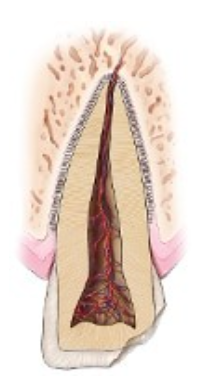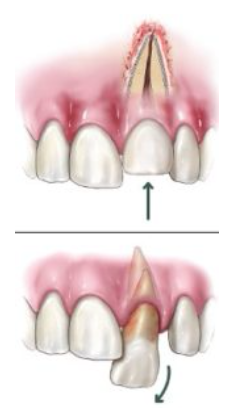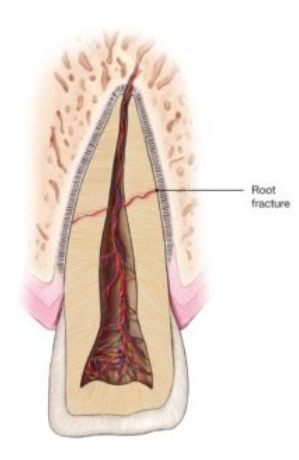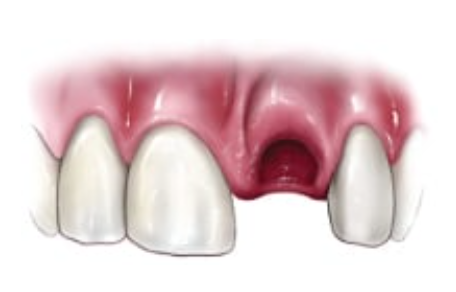|
OUR
Traumatic dental injuries SERVICES
|
WHAT IS A Traumatic DENTAL Injuries?
|
Traumatic dental injuries often occur as a result of an accident or sports injury. The majority of these injuries are minor - chipped teeth. It is less common to dislodge your tooth or have it knocked completely out but these injuries are more severe. Treatment depends on the type, location and severity of each injury. Regardless of the extent of the injury, your tooth requires immediate examination. Sometimes, your neighboring teeth suffer an additional, unnoticed injury that can only be detected by a thorough dental exam.
Types of traumatic tooth injuries
Your treatment will vary depending on what type of tooth injury you experienced.
Chipped teeth
If you’ve chipped or fractured your tooth’s crown, it’s likely it can be repaired either by reattaching the broken piece or by putting a tooth-colored filling in place. If a significant part of your tooth crown is broken off and the pulp is exposed then root canal treatment is recommended

Dislodged (Luxated) teeth
During an injury, a tooth may be pushed sideways, out of or into its socket. Your endodontist or general dentist will reposition and stabilize your tooth. Root canal treatment is usually needed for permanent teeth that have been dislodged and should be started several days following the injury.

Root Fractures
A traumatic injury to your tooth may also result in a horizontal root fracture. The location of the fracture determines the long-term health of your tooth. The closer a fracture is to the root tip, the better the chances of success and long-term health; fractures closer to the gum line are more debilitating for your tooth. Sometimes, stabilization with a splint is required while the tooth heals.

Knocked-out (Avulsed) teeth
If one of your teeth is completely knocked out of your mouth you need to see a us immediately. Time is of the essence and if you receive treatment quickly, preferably within 30 minutes, there is a chance to save your tooth.

If you experience any of these traumatic dental injuries, it is absolutely crucial that you contact your dentist immediately. Don't hesitate - getting prompt treatment can make all the difference in preventing further damage or complications.

